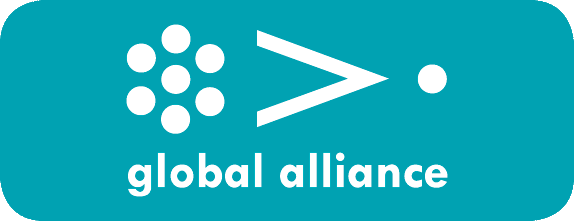If there’s ever a word to kill a conversation, it’s ethics. Despite our job being all about reputations, we’ve not given ethics the importance and time that it deserves. This is changing, thanks in part to the efforts of a number of associations, including the Global Alliance, the Public Relations Society of America (PRSA), the Public Relations Institute of New Zealand (PRINZ), the International Communications Consultancy Organisation (ICCO), and the International Association of Business Communicators (IABC), there’s a renewed focus on putting ethics at the heart of what we do and why we do it.
But why does ethics matter, really? Let me first state the obvious; communications has undergone a drastic change over the past decade, owing to the rise of digital channels and social media platforms. Today, it’s easier than ever to reach a global audience through the likes of Facebook or Google. And it’s also easier than ever to manipulate these platforms, to share messages that are false through personas which are fake.
I’m not talking theory here. We all saw the work that was undertaken by Bell Pottinger in South Africa, which led to its collapse. I live in a region which is being consumed by online trolls, botnets and other unethical activity, much of which is reported to be undertaken not by individuals but by organizations.
It is in this context that we need to renew our commitment to undertaking the best ethical practice, which will apply to every single one of us, no matter where we work and how long we’ve spent in the industry.
The sixteen principles which were announced today by the Global Alliance are a guide that we should all use in terms of how we ourselves practice and represent our profession. We have a responsibility to society, to our stakeholders and to fellow professionals to uphold these principles in everything that we say and we do.
Looking back, what I’m most proud of when I read over the ethics announcement made by the Global Alliance today is that the taskforce that has worked on this represents the majority of associations and communicators worldwide. There’s a growing realization that we need to step up and not just demonstrate that we are against unethical practices as one, but that we’re adopting best practices. We want to be an industry that promotes positive messages, rather than a profession which is known by monikers such as ‘spin doctors’.
Jean and the other task force members have put significant thought and energy into this project, and this is only the beginning. You’ll find resources such as case studies, podcasts, newsletters and advisories that will bring ethics to life through storytelling. This archive will grow, thanks to you and your submissions from around the world. We have to ensure that ethics remains at the core of our industry, and that we feel able to stand up when we see or are asked to do something which is unethical.
I’d like to thank Jean, Jose Manuel and everyone who has given time to bring this project to life. We all owe them a debt of gratitude for their efforts to promote a stronger, more ethical communications and public relations industry. My last request is to all of you. Please use these resources, learn from them and let them guide you when it comes to ethical communications. Let’s be known as an industry that is one of, if not the most, ethical in terms of what we say and what we do.
Alex Malouf – Corporate Communications and Reputation Manager at P&G for Middle East & Africa & Global Alliance Board Member

